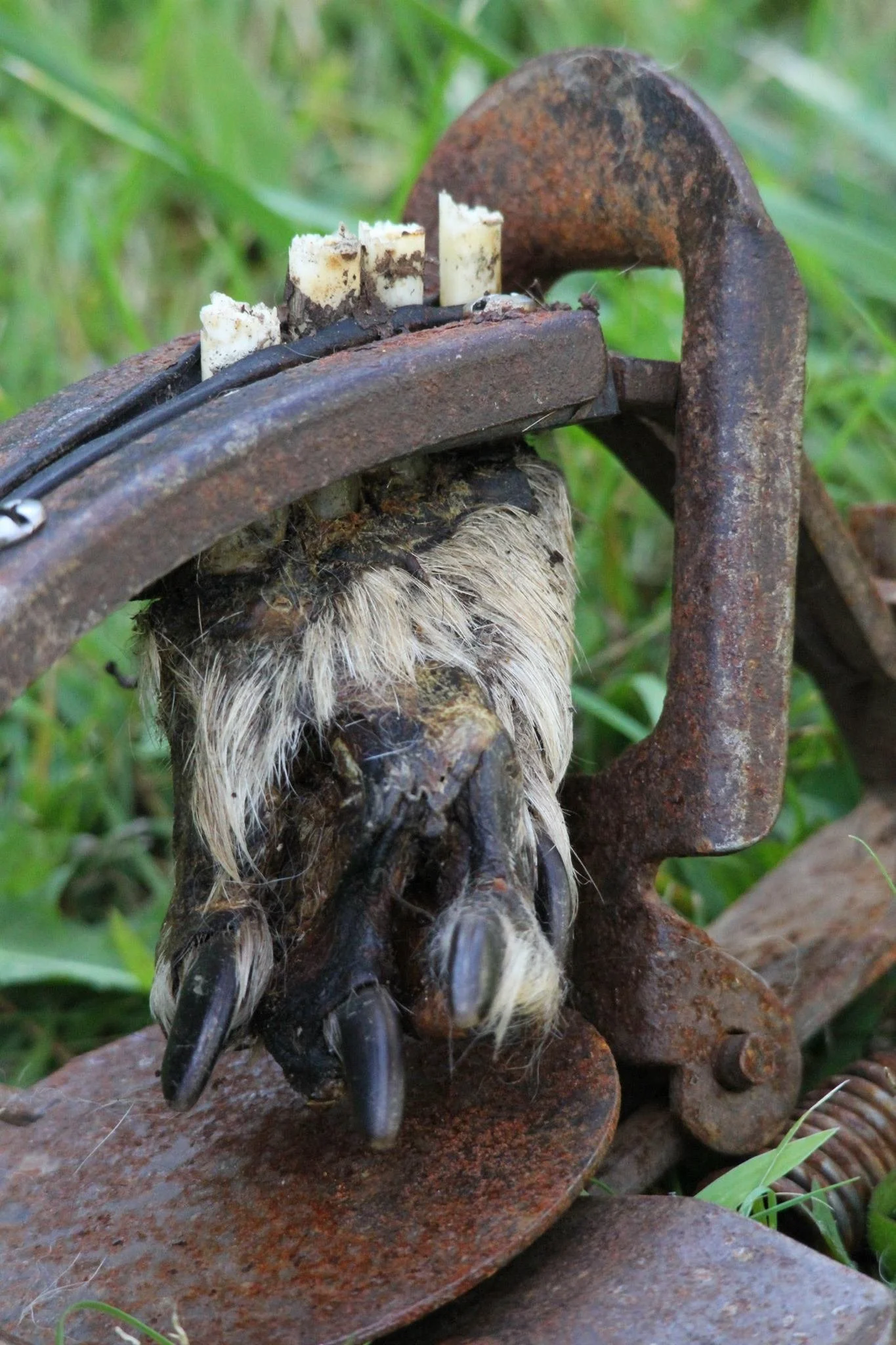COMMENTARY: Proposed state trapping and coyote hunting regs don’t improve animal welfare or public safety
May 25, 2023 | By Brenna Galdenzi
Wildlife advocates were excited at the prospect of two wildlife-protection bills during the 2022 legislative session: S.201, a ban on leghold traps and S.281, a ban on coyote hounding.
The commissioner of the Vermont Fish & Wildlife Department convinced legislators that they did not need to ban these activities outright and that the department would address these highly contentious activities via rule-making and make them more humane.
But we know that there's no way to make a leghold trap more humane. Same goes for addressing the inherent cruelty of siccing a pack of powerful hounds on a lone coyote, an activity that is akin to dog fighting. But that didn't stop the department from wasting countless hours of staff time and resources from making toothless, unenforceable recommendations that will result in no meaningful changes to lessen the suffering that animals endure as a result of these cruel activities.
Once passed, S.201 became Act 159. It directs the department to improve trapping safety and the welfare of animals trapped during the state’s recreational trapping season. The department ignored recommendations from wildlife advocacy groups on the advisory panel for that directive, which included Protect our Wildlife, the Vermont Wildlife Coalition, and the Humane Society of the United States. The groups' recommendations included prohibiting body-crushing kill traps on land and requiring traps be set away from trails and other public areas on all public lands in order to protect people and their pets.
A severed paw remains in a "soft pad" or "rubber-jawed" leghold trap. Photo courtesy Protect Our Wildlife Vermont
The department's trapping changes are misleadingly termed "best management practices" (BMP’s for short) for trapping, but those practices still allow for tremendous suffering to individual animals.
For example, research finds that 30% of animals that are trapped can suffer amputations, and even death, and the traps still meet the BMP criteria. The photo here containing a severed paw was found in the woods by one of Protect Our Wildlife's members. This trap is marketed as a "padded," BMP-approved leghold trap. "It is telling that the department never includes photos of living, trapped animals in their press releases or other communications," said Jennifer Lovett, Protect Our Wildlife board member and conservation biologist. "Instead, they use sanitized images of trappers in the field, never showing the desperate look of terror on a trapped animal's face as they struggle to escape before they are bludgeoned to death—that cruel reality of trapping doesn't support the department’s narrative."
Aquatic mammals like beavers can hold their breath for extended periods of time and thus suffer even greater in these cruel devices. The American Veterinary Medical Association further states that drowning is not a humane form of death. Protect Our Wildlife has photos and videos of Vermont animals in leghold and body-crushing kill traps depicting visible injuries, which tell the real story about this cruel practice.
Changes to coyote hunting with dogs
The bill S.281 is now Act 165 which directs the department to create rules guiding the use of hounds to hunt coyotes, a practice that is not currently regulated.
Wildlife advocates made recommendations including prohibiting baiting coyotes and also requiring hounds to be under visual and verbal command of the hounders, but the department did not adopt those recommendations. "Their proposed changes are what most hounders are already doing, which will translate to zero meaningful changes to lessen the cruelty or to protect wildlife and the public whose private property rights are violated every year," said Jane Fitzwilliam from the Vermont Coyote Coexistence Coalition.
The Department considers the use of GPS and shock collars to be methods of controlling the hounds, even when the hounds are running miles away from the hounder.
Protect Our Wildlife and other wildlife advocacy groups participated in working group meetings in good faith and while we didn't expect to get everything we asked for, we had hoped for some meaningful changes. The silver lining that will hopefully come from this is to illustrate to legislators that the only way Vermont will see safer, more humane policies as it relates to hunting and trapping is through legislation.
Protect Our Wildlife looks forward to the 2024 legislative session where bills to ban recreational trapping, H.191 and S.111, and bill H.323, a ban on hounding bears and coyotes, will hopefully be enacted into law.
Brenna Galdenzi of Stowe is president and co-founder of the nonprofit animal welfare organization Protect Our Wildlife Vermont. Contact: info@protectourwildlifevt.org

